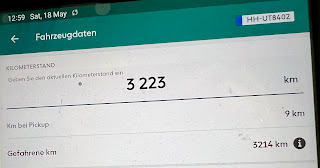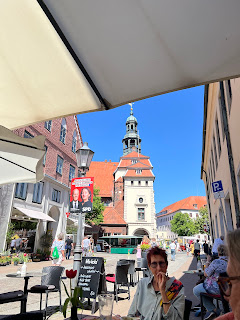This massive invasion was preceded by an intense air war that had been under way since April 18, 1942, when General Jimmy Doolittle led a group of twin engines Mitchell B-25 bombers, off the deck of the aircraft carrier, USS Hornet. His raid on Tokyo, supposedly outside the range of our air corp, let the Japanese people know their homeland was in grave danger, along with giving Americans the boost in morale so badly needed after enduring a surprise attack on our Hawaiian Islands at Pearl Harbor.
A few months after the Doolittle raid, the European air war began on July 4, 1942, when Eighth Army Air Force bombers attacked German airfields in the Netherlands.
Airmen suffered an unfathomable number of casualties in the build up to the invasion, with historians quoting numbers as high as 20,000 killed and 18,000 injured, with most of the injured being captured and imprisoned until liberation in early May 1945.
It was only by the high price paid in lives and lasting trauma of our brave air men and women that we can today celebrate the successful invasion we now know as D-Day.
The D-Day invasion, while devastating for both sides, was carried out in almost the absence of enemy aircraft, as our air corps had gained not only air superiority but also air supremacy.
The brave U.S. soldiers who stormed ashore on June 6, 1944, lost over 4,400 fighters with another 6,000 wounded, a high price and a stalwart example of the commitment our young men made for the freedom of others.
On a recent visit to Germany and the site of one of the largest Stalags, XI-B, Fallingbostel, we attended a memorial for the prisoners of war held there. During the presentation by the mayors of Bad Fallingbostel and Oberke, the towns’ historian thanked our group of Kriegie Kids (sons and daughters of ex-POWs) “for giving us (Germany) the opportunity for becoming a Democratic country.”
I guess his thanks summarizes our rationale for fighting WWII.
Jim
Mayor of Bad Fallingbostel
Memorial to Stagag Luft XI-B














































